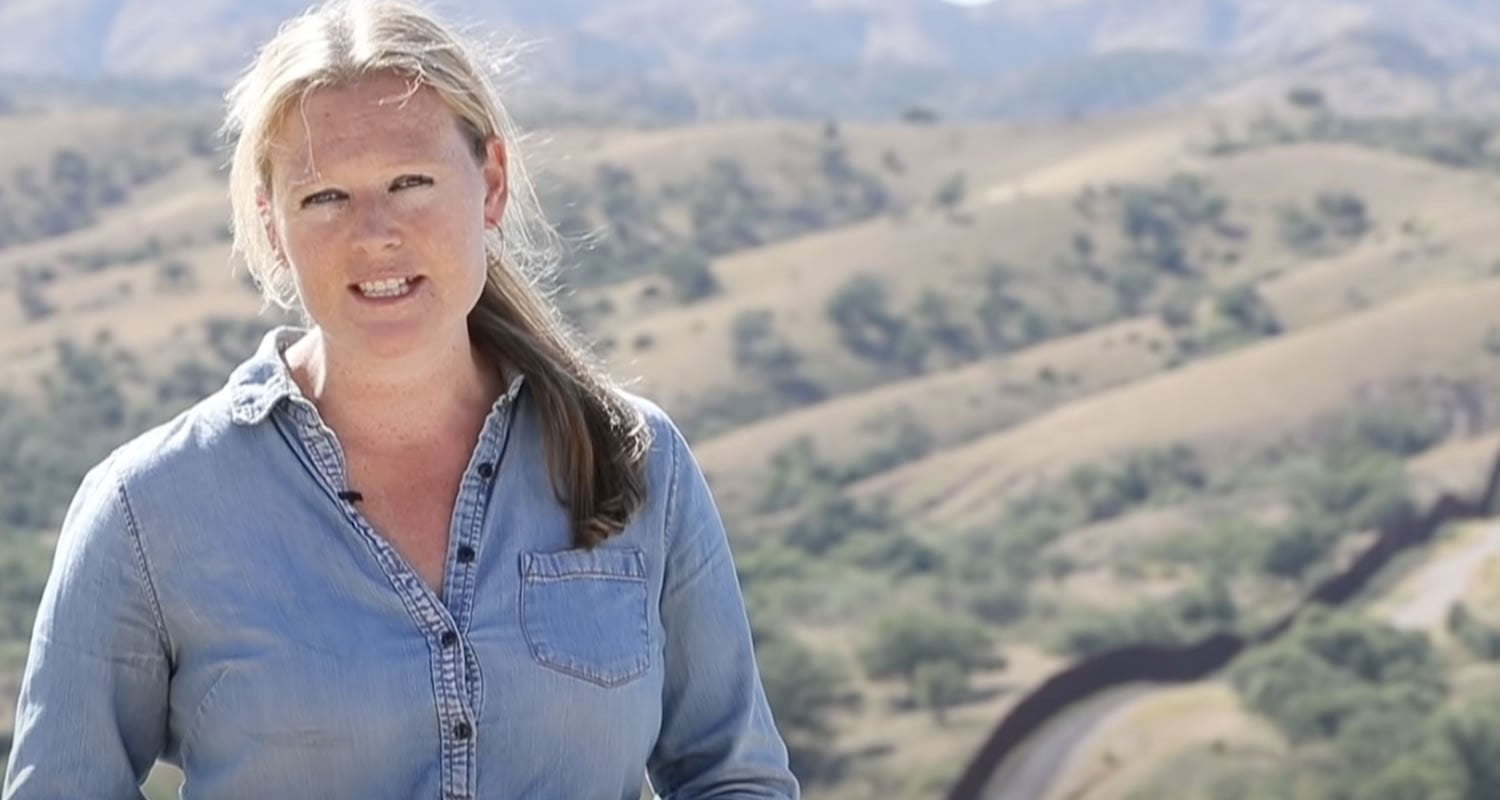Harriet’s journalistic career started at school in Stamford, where she was editor of the school magazine. In school holidays she gained valuable work experience at The Rutland Times, The Leicester Mercury and The Independent in London before taking a gap year interning with The Evening News in Ghana.
Two degrees followed – a BA in International Politics from The University of Leeds and an MA in International Journalism from City University, London. Harriet also had various jobs in between, equating to ‘years of hard graft, long hours and sacrifices.’
Harriet joined The Daily Telegraph in 2008. Her various work experiences were critical to her success and top her list of things that anyone considering a career in journalism should do. ‘The hours are long and it’s unlikely to make you rich. Work experience might put you off, but if it does, at least you will have learned what you do not want to do.’ Harriet also advises keeping an open mind and being willing to follow whatever routes open up. ‘Start anywhere – a local newspaper or a trade journal. It does not matter. That’s how some of the best journalists I know started their careers. You also have to be persistent, take rejections and be realistic about the industry and how it is changing. The journalistic career paths of current pupils will be different from the one I took. It is a difficult time for the industry, as online news continues to challenge print, but the fundamental skills remain the same.’ Harriet’s other big piece of advice is ‘check the facts! It is so important. The worst thing you can do as a writer is to report the facts without checking them. Accuracy is key.’
The variety of the stories that Harriet covers inevitably brings great highs and lows. ‘There are stories that really get under your skin. The mass shootings ae endlessly depressing and as a Brit I struggle to get my head around US attitudes towards guns. My job is to be there in the aftermath, to try and understand the motives and the personalities. I often need to talk to the families of the victims and it is not something you can ever forget. Riots, racist shootings and the Jihadi elements all make for stories that affect me.’
On the upside, Harriet’s career highlights have included going to Cuba with President Obama and being there when the Rolling Stones played in Havana. She felt equally honoured to report about the disappearing Wild West. Spending time in Wyoming with the ranchers, and people who had lived there for generations, understanding their history and observing the man-made threats to the landscape, was a very different but equally fascinating experience.
Harriet has one final piece of advice for prospective journalists. ‘Languages’ she enthuses, ‘are a real advantage. That’s how you get to cover some really interesting stories. If you can speak the language you will be a natural choice for an international story – you will be able to talk to people in their own language and they will really open up to you. And you can also eavesdrop!!’
Harriet Alexander: US Correspondent, Daily Telegraph.

